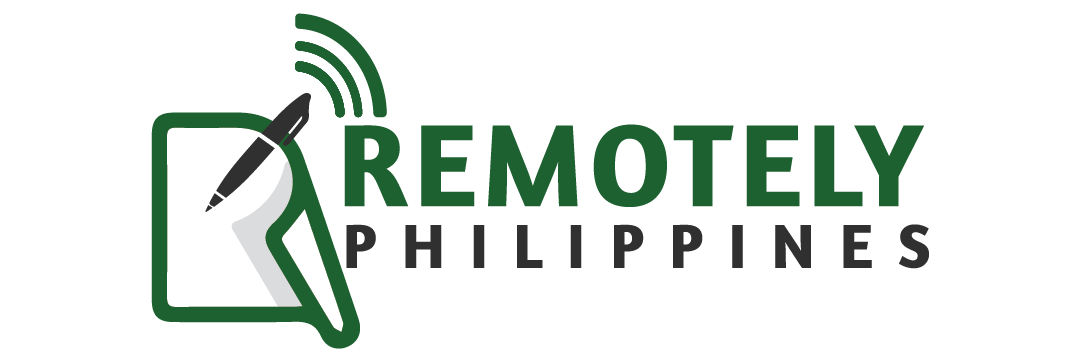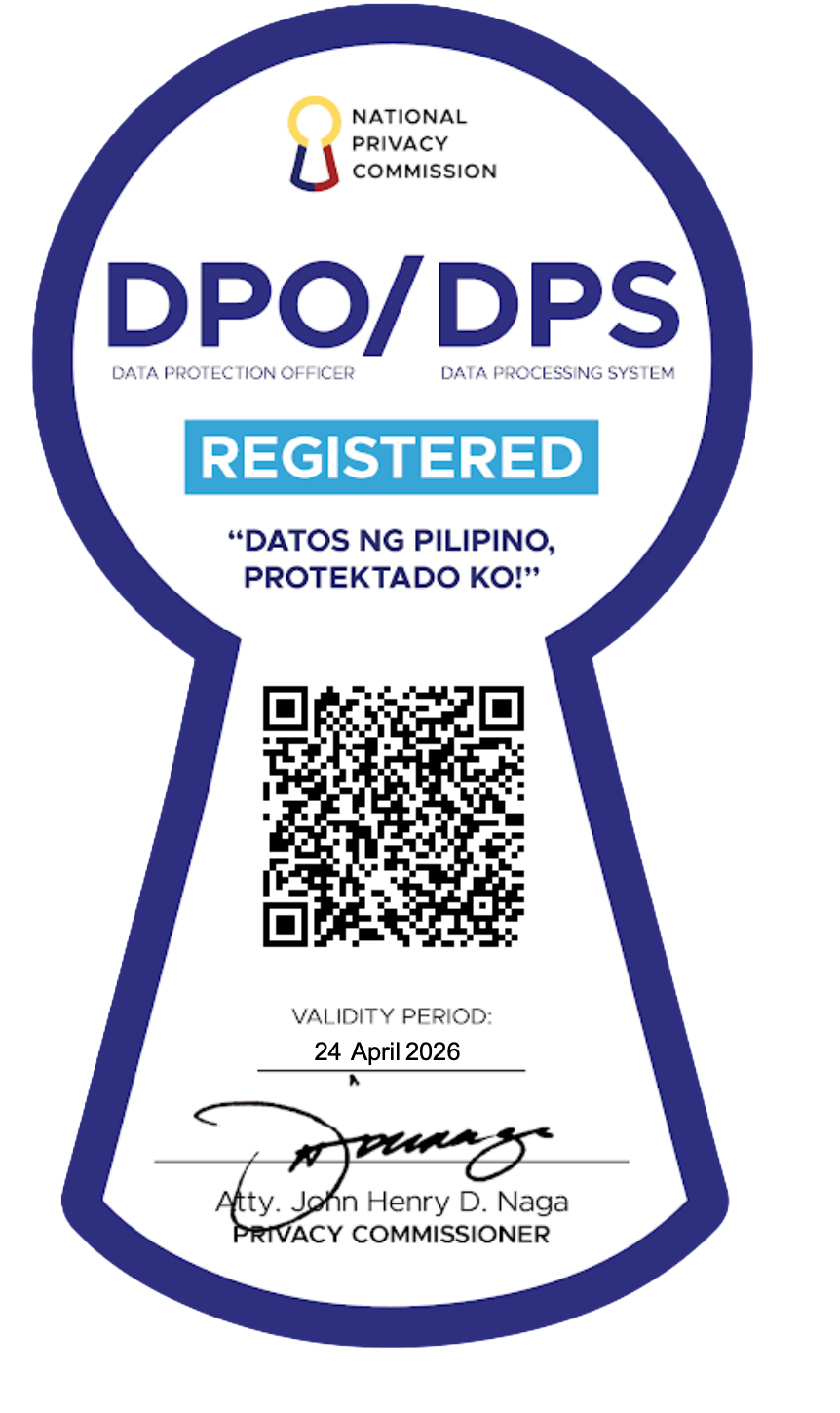Understanding the art of budgeting is critical to your small business's success. It's more than mere number crunching; it's an activity that can help you lay the groundwork for your business's sustainability.
As a business owner, you have to understand the importance of budgeting for small business success. With the right approach, you can make budgeting an empowering tool that can help transform what may seem like a tedious task into an engaging process that sparks financial confidence and creativity.
Streamlining Your Business’s Finances
Budgeting is a cornerstone for any business. By adopting a disciplined approach to budgeting, you can gain a comprehensive overview of your business' financial status. This can help you make informed decisions and set a course towards sustainable growth.
Simplifying Budgeting for Small Businesses
While budgeting may initially appear overwhelming, it need not be a daunting task. Here's a tailored guide to help small business owners, like those we serve at Remotely Philippines, navigate the budgeting process effectively:
1. Expense Tracking
Begin with understanding your cash flow by tracking all business expenses over a couple of months. This insight is crucial for identifying potential savings and areas to trim excess spending, aligning with your business's financial objectives.
2. Budget Development
Develop a budget that aligns with your small business's unique financial landscape. This involves a meticulous review of your income and outgoings, assigning funds to different categories such as overhead, savings, and investments, while ensuring adaptability for unforeseen financial shifts.
3. Automating Savings
Implement an automated savings strategy to bolster your financial reserves. Scheduled transfers to a savings account can solidify your business's saving practices, removing the reliance on manual deposits.
4. Eliminating Redundancies
Scrutinize your expenditures to eliminate non-critical outlays. Cancel unnecessary subscriptions and consider cost-effective alternatives for business operations, such as virtual services that Remotely Philippines offers.
5. Continuous Review
Keep your budget dynamic by regularly reviewing and adjusting it. This practice will help maintain financial focus and motivate ongoing commitment to your fiscal goals.
Tools and Techniques for Efficient Business Budgeting
Here are some budgeting tools that can make your financial planning more accessible and effective.
Digital Budgeting Tools
In the digital age, several software solutions can automate and simplify the budgeting process. Look for tools that offer:
- Real-time data syncing - Software that connects directly with your bank and accounting software to provide up-to-date financial information.
- Forecasting features - Tools that help project future revenues and expenses based on historical data, allowing for proactive adjustments.
- Customization - The ability to tailor the budget categories to fit your small business’s specific needs.
- Accessibility - Cloud-based budgeting tools that offer access from any device, facilitating collaboration with your accountant.
Budgeting Techniques
Beyond the tools, adopting the right techniques can help you in creating a robust budgeting strategy:
1. Zero-Based Budgeting
Zero-Based Budgeting (ZBB) requires each expense to be justified for each new budgeting period. The process starts from a "zero base," and every function within the organization is analyzed for its needs and costs. Budgets are then built around what is needed for the upcoming period, regardless of whether the budget is higher or lower than the previous one.
Unlike traditional budgeting methods, ZBB requires a justification for every line item. This means that no costs are automatically approved simply because they were part of the last budget. It can also encourage organizations to allocate resources according to strategic priorities, which may shift from one period to the next.
Another advantage of using ZBB is that it promotes a deep dive into the cost-benefit analysis of spending, ensuring that only necessary and efficient expenditures are made.
Given that it does not rely on historical cost assumptions, this method is adaptable to changing business environments.
The only drawback of ZBB is that it can be time-consuming and resource-intensive, requiring detailed documentation and analysis.
2. Static or Incremental Budgeting
Incremental Budgeting is a more traditional approach, where the previous period's budget is used as a base and adjustments are made based on new goals and objectives. Typically, budgets are increased by a certain percentage to account for inflation, growth forecasts, or strategic initiatives.
This method is simpler and less time-consuming than ZBB, as it does not require a detailed review of every expense. It also offers a degree of stability and predictability, which can be beneficial for steady-state businesses.
Incremental adjustments can be based on inflation rates, expected revenue increases, or a predetermined percentage that reflects the company’s strategic growth targets.
The potential downside of using incremental budgeting is that it can perpetuate inefficiencies since it assumes that past expenditures were all justified and necessary, which may not always be the case.
3. Value Proposition Budgeting
Value Proposition Budgeting (VPB) aligns spending with the value generated for the business. Each expense is evaluated based on the expected return on investment (ROI) and its contribution to the company's core value proposition.
In VPB, expenditures are scrutinized based on the value they bring to customers and the business, focusing on strategic investments over routine spending. With its focus on the expected returns of every expense, resources are effectively allocated to areas that promise to drive growth and profitability.
The VPB approach ensures that budgeting decisions support the company’s long-term strategic goals. It's ideal for agile teams that prefer to have a more flexible and responsive budgeting process as market conditions and business strategies evolve.
The main challenge with VPB is that determining the value of certain expenses can be subjective. In some instances, it may require a more complex analysis to estimate a particular expense's true ROI.
The most effective budgeting strategy often involves a combination of both innovative tools and solid techniques. For instance, you might use a cloud-based budgeting tool for real-time data while applying zero-based budgeting to ensure that each expense is necessary and justifiable.
Recap
Small business budgeting aids in financial planning and control, helping business owners gain a comprehensive understanding of their financial situation. This step is essential for making informed decisions and driving sustainable growth.
Business budgeting also ensures efficient resource allocation and enables business owners to make strategic decisions to improve cash flow, such as negotiating favorable payment terms or managing inventory efficiently.
Get in touch with Remotely Philippines
Need help setting a budget that resonates with your business's aspirations? Remotely Philippines can help. Get the peace of mind that come with having full financial command of your business when you partner with us. Contact us today.
Sign up for our newsletter
Get regular curated content on management, outsourcing, and everything you need to know to stay ahead of the curve.









